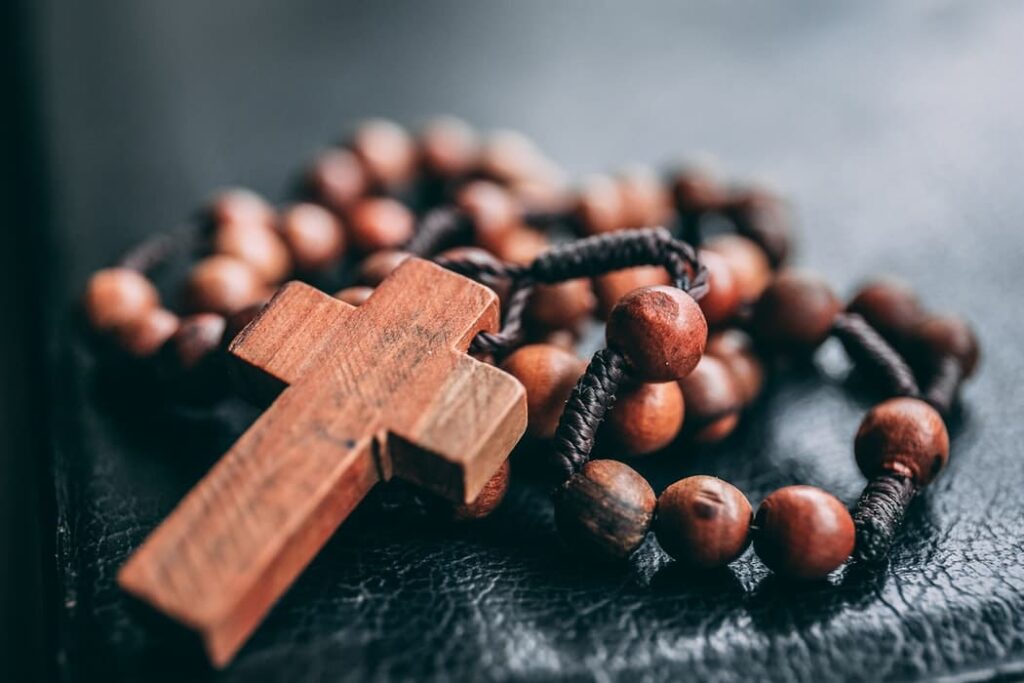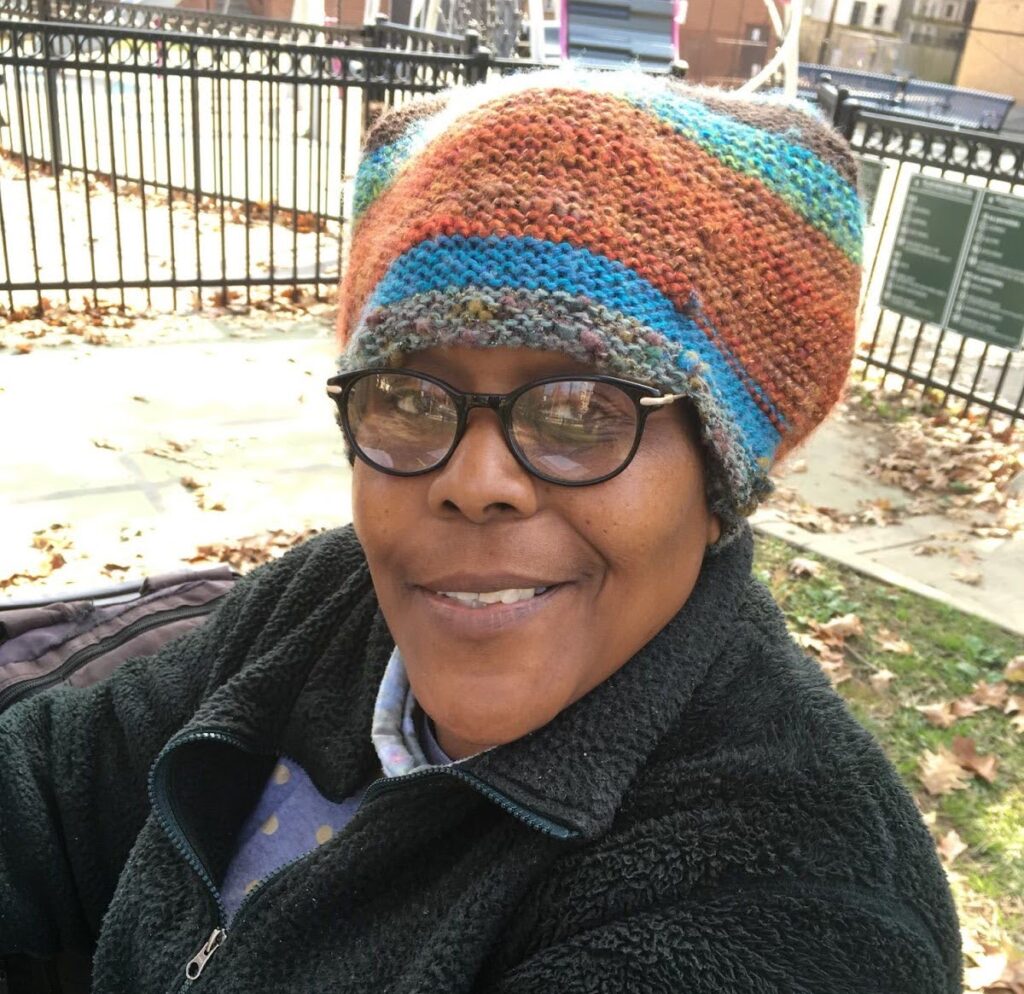Mother Teresa once said, “The poverty of being unwanted, unloved and uncared for is the greatest poverty. We must start in our own homes to remedy this kind of poverty.”
It is this kind of poverty that caused Willie H. Woods, Jr. to end up homeless on the streets of Washington, D.C. According to Woods, “an epidemic of drugs and alcohol in the [Shaw/Chinatown] community, not to mention an environment of negativity” caused his 26 years of homelessness.
Woods self-medicated his depression by turning to illegal drugs and alchohol. It was an attempt to relieve his stress level, but Woods quickly learned that it only served to increase his stress and depression. “[My] family, friends, co-workers, and members of the church turned their backs on [my] lifestyle,” Woods said.
As a result, Woods then spent twenty-six years living on sidewalks, in the old bus station, in abandoned buildings, and, on better days, in shelters. During this time, Woods did what he could to support himself. “I was not too much into begging,” he said. “I hustled, shoplifted, and was into thievery to get what I needed.” He said that homelessness left him and others to live like an “outright criminal, like a savage.”
“[I got] involved in relationsips of manipulation, deception, immoral sexual lifestyle, and most of all being a con artist,” Woods said. His self-esteem suffered because he knew in his mind that he was not being a good person and that his family was embarrassed by him because he had been raised in the church.
In the end, it was the church that saved him; the seeds that were sown when he was a child bloomed just in time to turn Woods’ life around. Woods participated in the spiritual transformation program at Central Union Mission while he lived in the shelter; “They helped me a lot,” he said. “They helped me to get involved in ministry.” His renewed relationship with God proved to be the turning point in Woods’ life.
Woods could see himself dying in the lifestyle choices that he had made, and this encouraged him to work to rectify the situation. “The only way I knew how to save my life was to live,” he said. “I gave my life to Christ and that was it” The road to living a better life, however, was not an easy path to follow; “It’s been bumpy. I haven’t had all peaches and cream,’ Woods said. “I’ve had some sourness, too.” Thankfully, he said, the sweetness has far outweighed the sourness of his new life in Christ.
Woods recognizes that he could not have made such a transformation alone; he sought help at the Central Union Mission, and as his condition improved, he took advantage of the resources with Veterans Affairs.
In addition to the severe depression that led him to drugs, he now knows from Post Traumatic Stress Disorder – a result of his time in the Marines. “I had a really hard time being out there,” Woods said. While he sought help from the VA when he was homeless, he doesn’t do so now. “People can’t think for you. I didn’t know what to ask for,” he said. “I had pride and that kept me from asking for help before.”
Despite the immense help he received from the staff of the VA, quite possibly the most influential help he received came from within the church. Woods now feels called to the ministry himself.
Volunteering as a mentor through a police-community action program in the Southeast section of Washington, D.C., Woods visits people in jail and detox centers. In addition to his volunteer work, Woods also works full-time in the ministry. In an effort to bring people in the community closer together, he organized the Wisdom Walker Coalition, comprised of elders, activists, pastors, and entertainers. The goal of the Wisdom Walker Coalition is to serve the community in any way they can.
Like many people, Willie Woods has compiled a list of resolutions for the future. He hopes to publish a book on the pitfalls and perks of homelessness that he plans to title, The Tour bus. Woods recognizes the importance of sharing his story with others.
Second, Woods hopes to one day start his own ministry that would focus on those who have been written off by their family, their friends, and by society. “The church turns its back on you. Some people are turned away because they aren’t dressed properly,” he said. “I don’t want that in my church. If I have the poorest church in the city, that’s fine with me. I want to welcome in all people.”








